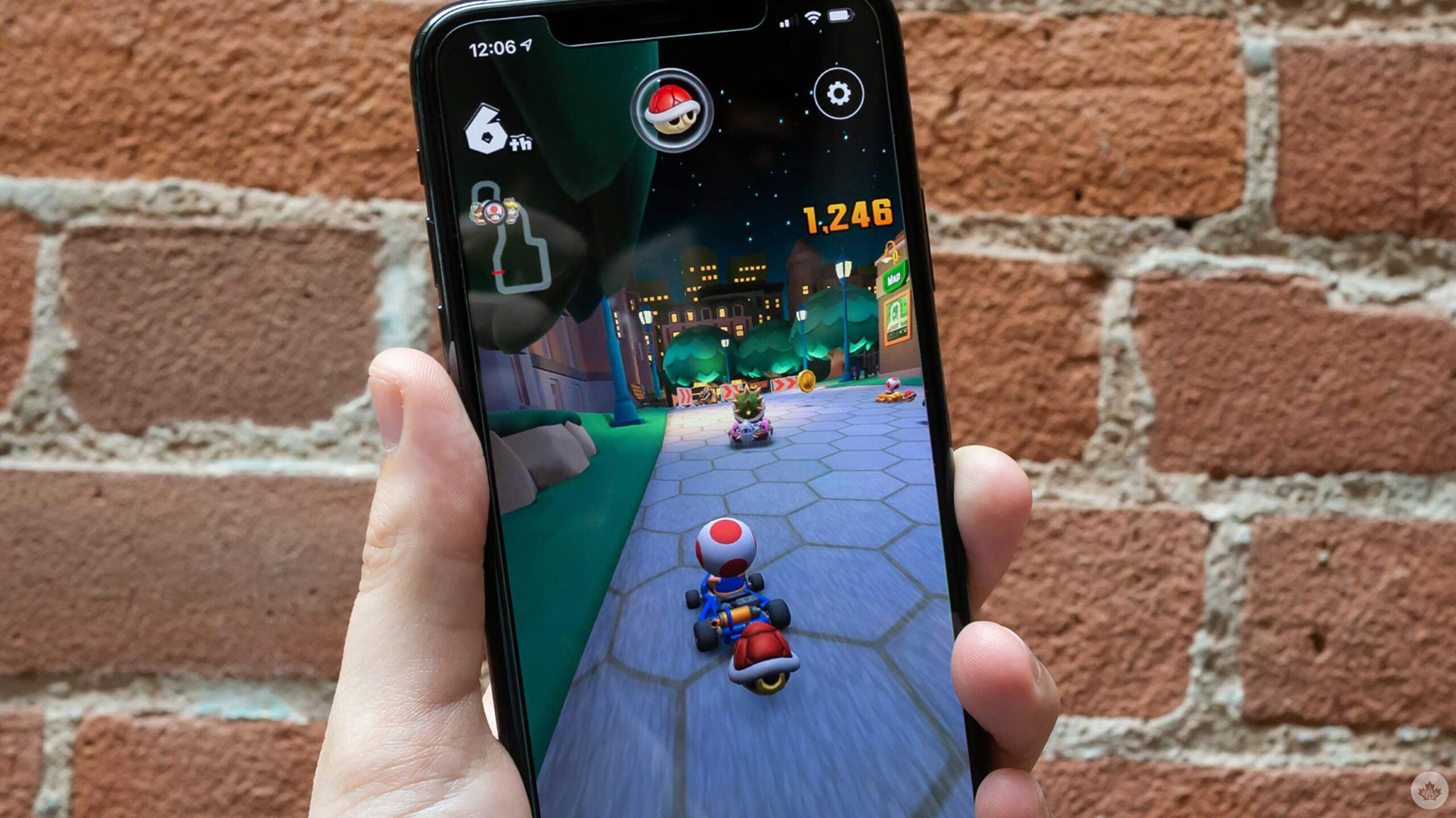
Nintendo is facing a lawsuit from a minor and their guardians over the loot boxes in its mobile game, Mario Kart Tour. The decision to sue came after the minor spent $170 USD (about $230 CAD) on the game through their parent’s credit card. The suit alleges that Mario Kart Tour “capitalized on and encouraged addictive behaviours akin to gambling.”
As video game developers look for ways to monetize free-to-play games, loot boxes have become increasingly prevalent.
Loot boxes are random bundles of assorted items the player can purchase for a flat fee. The player generally knows what could be in the loot box from a predetermined list but not exactly which items they’ll receive. Loot boxes have become a controversial subject and the center of many legal disputes.
Epic Games was fined $520 million USD (about $702 million CAD) for “dup[ing] millions of players into making unintentional purchases.” In Canada, EA is being sued for “deceptive acts or practices” in its loot box mechanics. Belgium and the Netherlands have banned some loot boxes without a gambling license.
The items in loot boxes are almost always cosmetic and do not affect gameplay, but social pressures and unethical practices can cause players to purchase them. However, this lawsuit against Nintendo notes that in Mario Kart Tour, “using specific characters of equipment can give the player added bonuses in certain races, but they have to be unlocked first; the better the driver, the harder it is to unlock.”
Allegedly targeting minors with ‘addiction-enhancing elements’
This lawsuit against Nintendo focuses specifically on the fact that the game was marketed to minors.
“Minors are especially susceptible to these addiction-enhancing elements of game design,” the suit states. “The experience of acquiring surprise rewards and the associated excitement of uncovering unexpected in-game items holds a strong appeal for minors and reinforces their desire to keep playing and keep getting rewards.”
It claims that, while Terms and Conditions require a parent or guardian’s consent, “significant facts” are left out and there aren’t enough parental controls.
Undisclosed or insufficiently disclosed odds
It also says that “players such as Plaintiff were not told in advance what is inside any particular [loot box] or the odds of winning something which may be contained in the [loot box], and thereby were functionally gambling on the chance of winning some valuable prize.”
Mobile games analytics company GameRefinery reached out to MobileSyrup to indicate that the odds of receiving particular items from the loot box were at one point available on the app under a ‘Details’ link. The timeline of when and how this information was available is unclear.
It’s up to the courts to decide whether the information was sufficient to inform the player in its amount, form, and location.
Ongoing
Mario Kart Tour was released in September 2019 in Canada. The loot box mechanic was removed from the game in September 2022.
The lawsuit notes that the loot boxes earned Nintendo almost $300 million USD (about $405 million CAD) during the time they were available. It asks that Nintendo “pay restitution” to the plaintiff and other minors who purchased these loot boxes.
Update: 26/05/23: Added information from GameRefinery about the loot boxes.
Via: Axios


